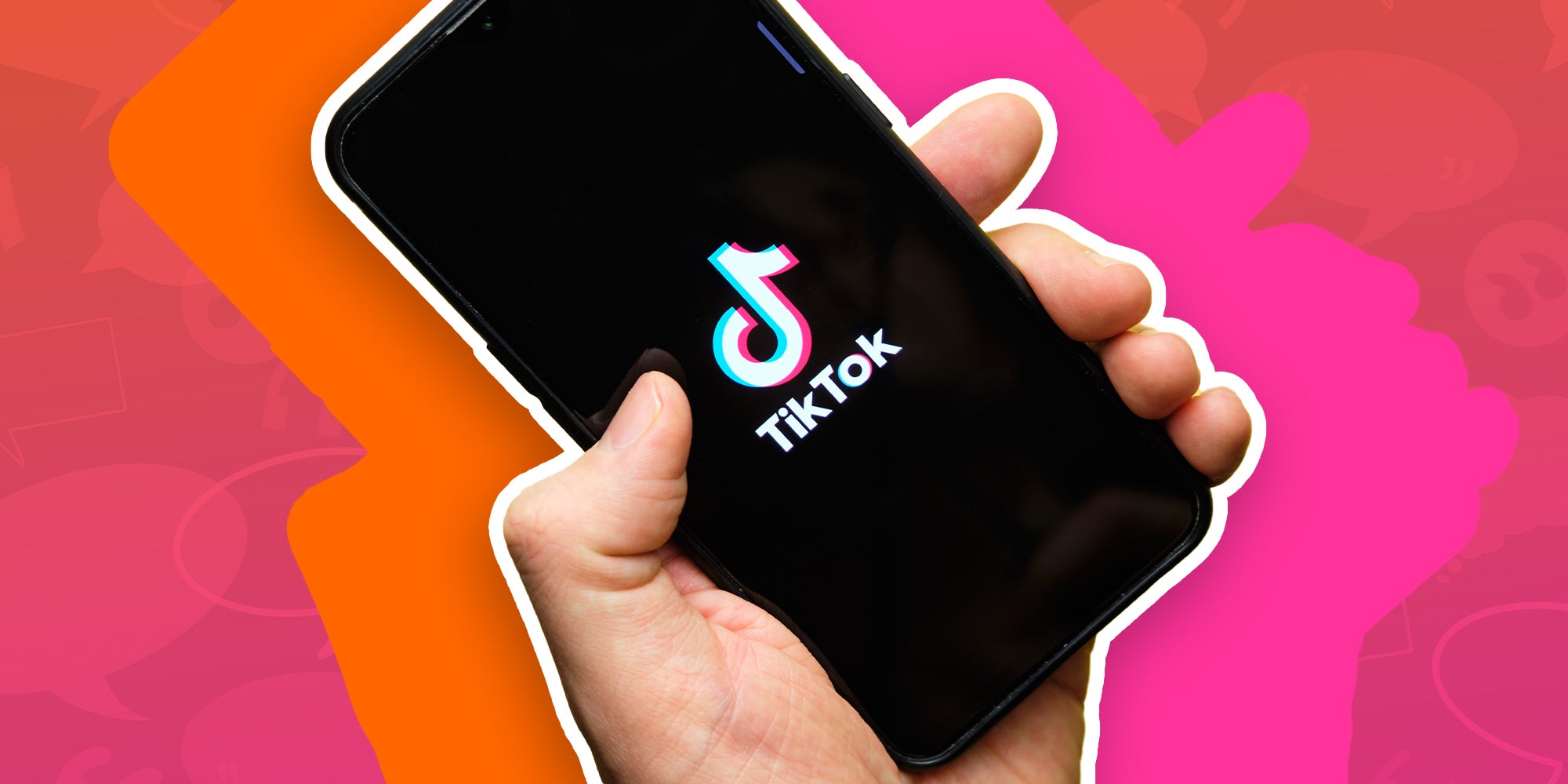
After the Met Gala, Gen-Zers sentenced numerous celebrities to the “digitine.” This virtual guillotine, as defined by @ladyfromtheoutside, is part of a social media movement branded #BlockOut2024.
The goal? To raise awareness of the horrors occurring on the Gaza strip. And punish celebrities for their inaction by hitting where it hurts: in the wallet.
How is #BlockOut2024 impacting the creator economy?
According to AdAge, this movement is having a knock-on effect on the creator economy. This is because more and more creators react to the blackout by being more vocal about the conflict.
“[Brands] are going to have to understand that creators are very multifaceted, and they’re not just going to talk about skin care—they’re also going to talk about major conflicts,” Victoria Bachan, president of talent management company Whalar Talent, explained.
“Yes, there are legalities involved in all of these things, but you have a lot of people who have a lot of care for other people right now, and that’s where this movement is coming from. Now is the time to think more like a human and less like a brand.”
But as creators rally together in response to the conflict, raising awareness and money with initiatives like #CreatorsForPalestine, what should brands do next?
Austin Null is an influencer marketing strategy director at full-service agency McKinney. He told AdAge that brands could learn a thing or two from the influencers speaking out.
“You can’t be passive anymore,” he said. “We’re in an age where literally every single thing is talked about and seen [on social media]. With this new generation of consumers, especially the way that people are mobilizing on TikTok, there’s no way of getting around that anymore.
“It’s not like you have to talk about [the war] all the time, but you can’t pretend like it’s not a thing and just continue to move on with your normal content. That goes for both brands and influencers.”




